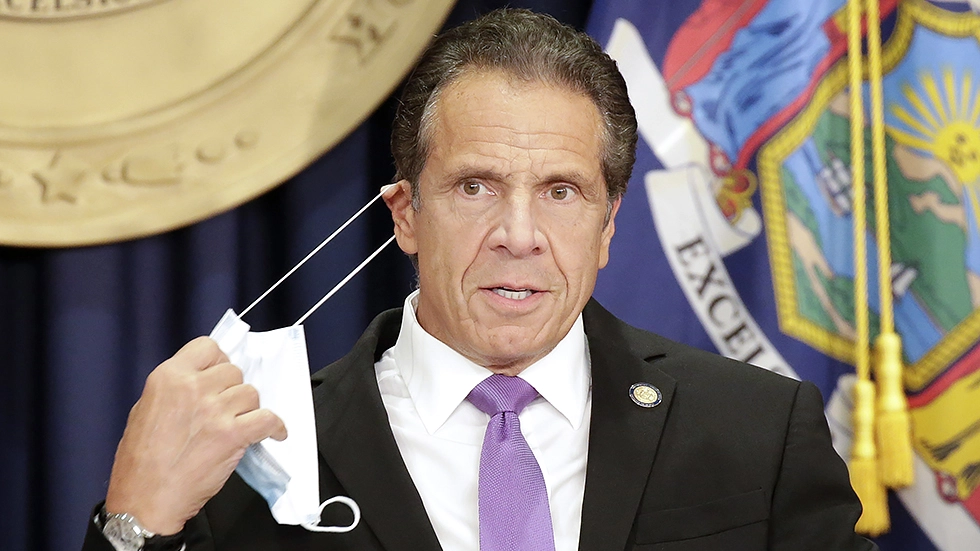
Governor Hochul would not raise personal income taxes on the state’s wealthy New Yorkers. (Photo: The Hill)
It’s a recurring question in Albany. This year, Governor Hochul said she would not raise personal income taxes on the state’s wealthy New Yorkers. On the other hand, she has suggested raising the cigarette tax. She also advocates for an MTA payroll tax, which many see as an additional cost to small businesses and workers.
It is possible to argue that the state does not need to raise taxes, as E.J. McMahon, the Empire Center for Public Policy’s founding senior fellow, testifies before the Joint Legislative Fiscal Committee.
“New York’s revenues quickly recovered from the pandemic because the state government does tax the wealthy New Yorkers far more than almost any other state. “However, there are clear signs that the state’s heavy reliance on its highest earners, which is already at record levels before 2020,” McMahon said.
Indeed, the governor is so confident in the state’s finances that she has proposed putting $8 billion into a rainy-day fund, despite forecasting a three-year recession.
A coalition of organizations and some lawmakers disagree with this stance.
“There are no budget gaps on the horizon,” said Michael Kink of the Invest in Our NY Coalition, which is part of the Strong Economy for All Coalition. “Her assumption causes the only budget gaps in her financial plan that the recession will last three years.”
The companion “Invest in Our New York Act” includes several pieces of legislation that would raise $40 billion in new public funds solely by raising taxes on wealthy New Yorkers and corporations. The legislation includes a progressive corporate tax and a proposed state capital gains tax.
“I think the Legislature will take some of those reserves that she’s proposing, to spend on things like building affordable housing…a more robust transition on climate and affordable clean energy. And, potentially, to support public costs such as Medicaid and the minimum wage,” Kink told Capital Tonight.



















